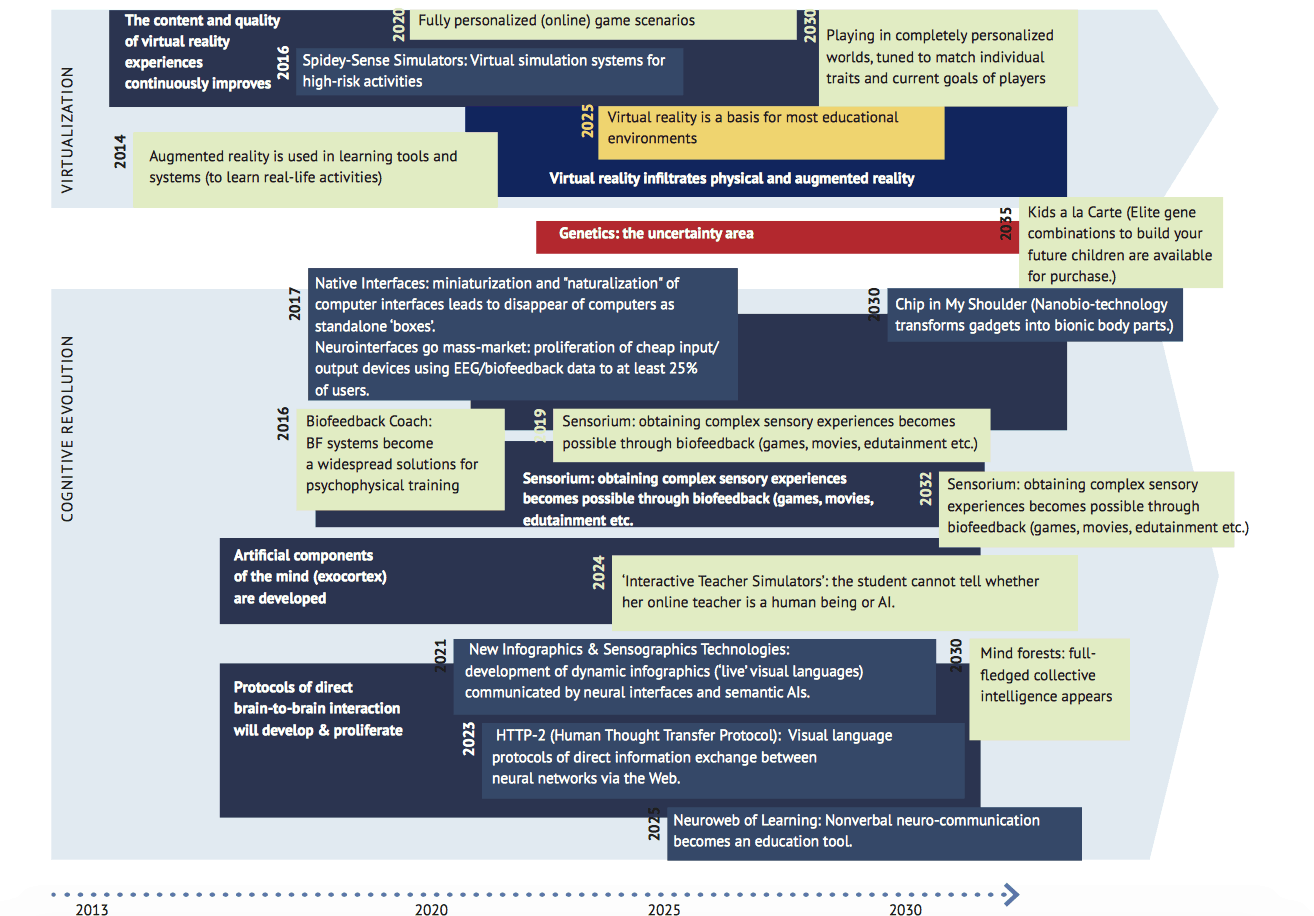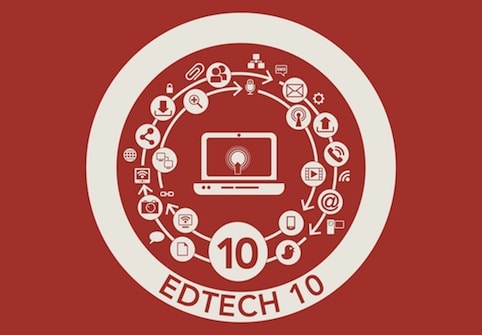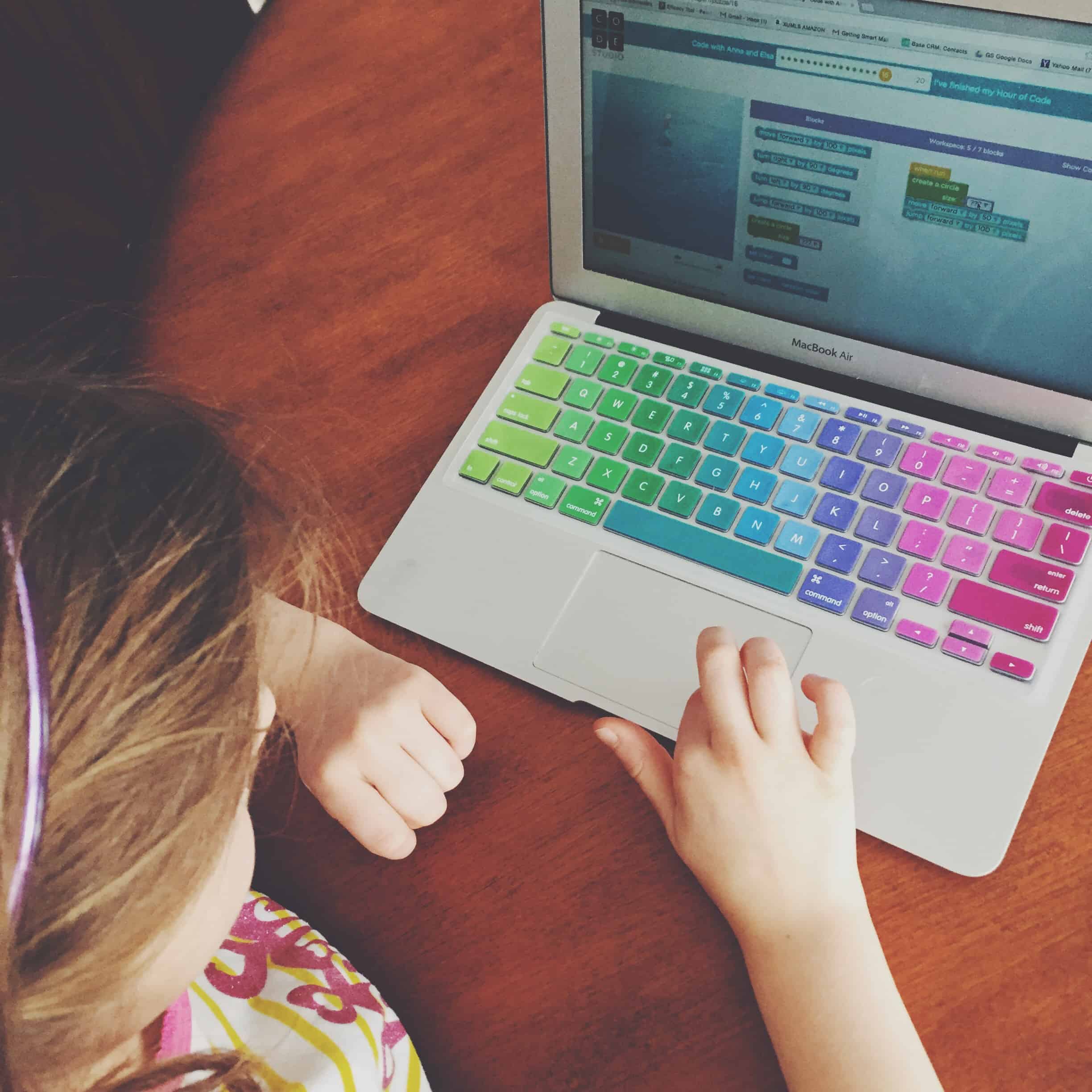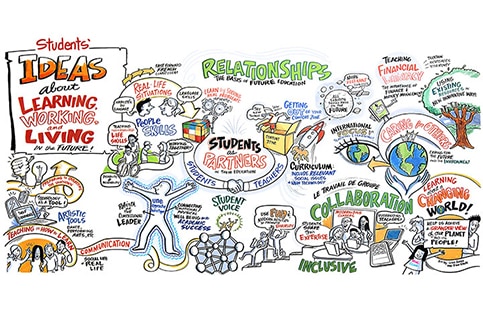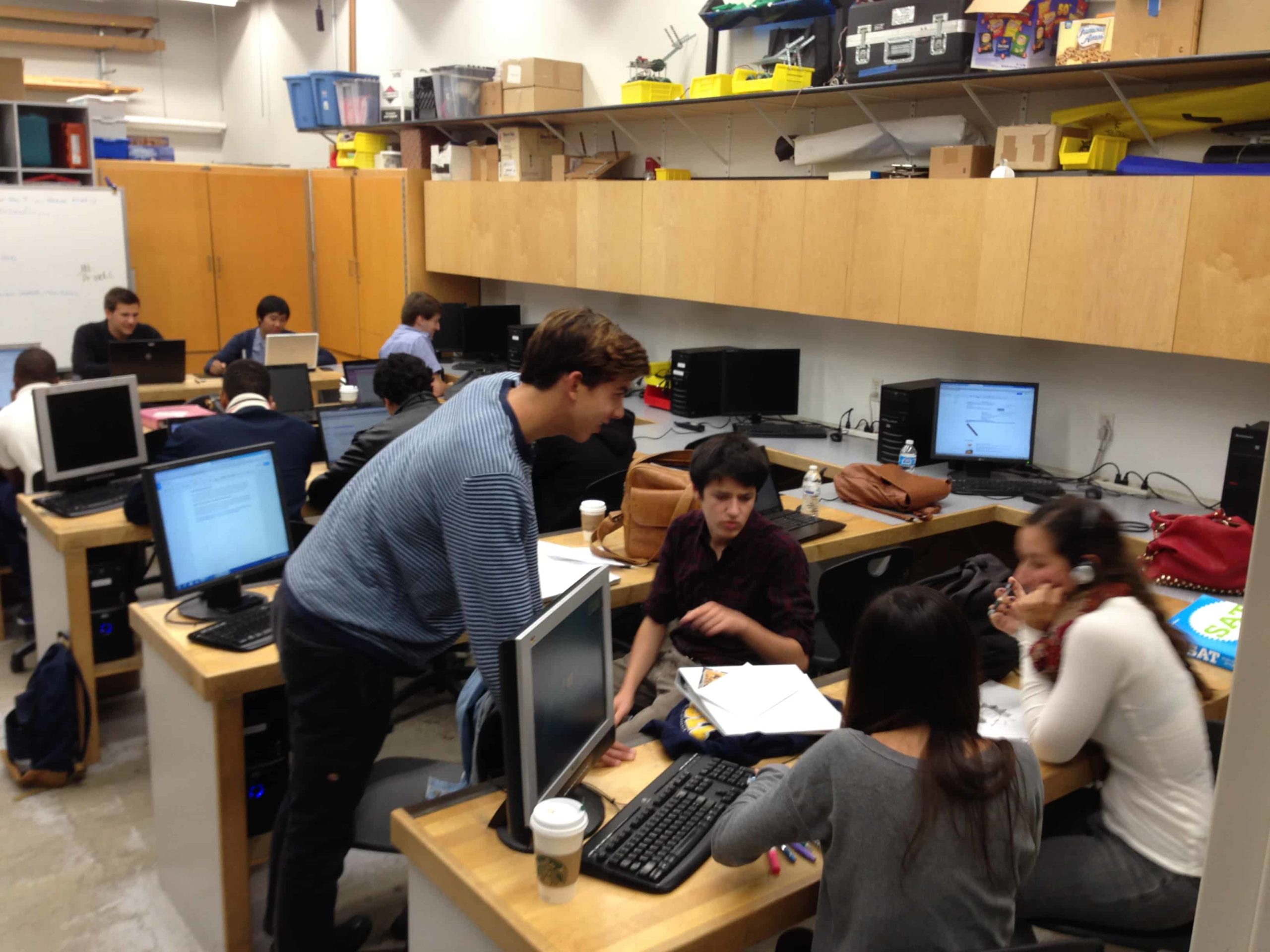Learner-Centered
The Importance of Learning Experience Design for Higher Education
Effective learning experience design can create relevant, engaging and memorable educational experiences that successfully address the specific challenges of adult and postsecondary learners.
Learning Experience Design vs. User Experience: Moving From “User” to “Learner”
By: Margaret Weigel. Director of Curriculum and Learning Experience Design at Six Red Marbles gives a look into the important shift from "user" to "learner" when creating powerful learning experiences for higher-ed students.
20 Year Forecast: Broader Aims, Students at the Center
The hunch that encouraging student agency will produce better learning outcomes was pervasive at the Russian sponsored Global Education Futures Forum which met this week in Silicon Valley. Discussions were framed by 16 trends.
EdTech 10: Students At The Center
This is one of those weeks in EdTech news that we wish would be every week, because this week the top stories that emerged focused on putting students at the center. When it came to assessments, rights, parents, new videos, reports, and platforms, student learning was paramount.
Parenting for Powerful Learning: 35 Tips
We can turn our parenting interactions into learning opportunities at home, on field trips, and during weekends to help our kids learn while with us. From making dinner together to turning old cardboard boxes into whatever the kids' imagine, here are 35 tips for creating powerful learning experiences for all ages.
ROI of Deeper Design for Online Higher Education Programs
By: Jason Gorman. Vice President of Learning Experience Design Services at Six Red Marbles gives insight into ROI of design for online higher education programs and the importance of aligning design efforts with student enrollment and retention.
3 Ways Parents Can Spot Student-Centered Learning
What can parents look for to determine if their child is in a student-centered learning environment? Here’s advice from a mother of two school-aged children, a former classroom teacher and a current advocate for student-centered learning.
What if Students Made a School?
By: Tom Carroll. As new education models grow are we ready to ask students to help us customize the staff, space, curriculum, tools, and time they NEED for deeper learning?
It’s Time to Invest in Learning Design
It is becoming increasingly possible to create powerful sequences of experience that boost engagement, promote transferability, and support impact. Powerful learning results from well considered learner experience design--an iterative process well worth investment.
Building Student-Centered High School Math Classrooms
Student-centered learning provides huge promise for a shift in the way that students engage with math — both academically and emotionally. Here we look at recent research to support the idea that a personalized approach to mathematics increases student understanding and happiness.



